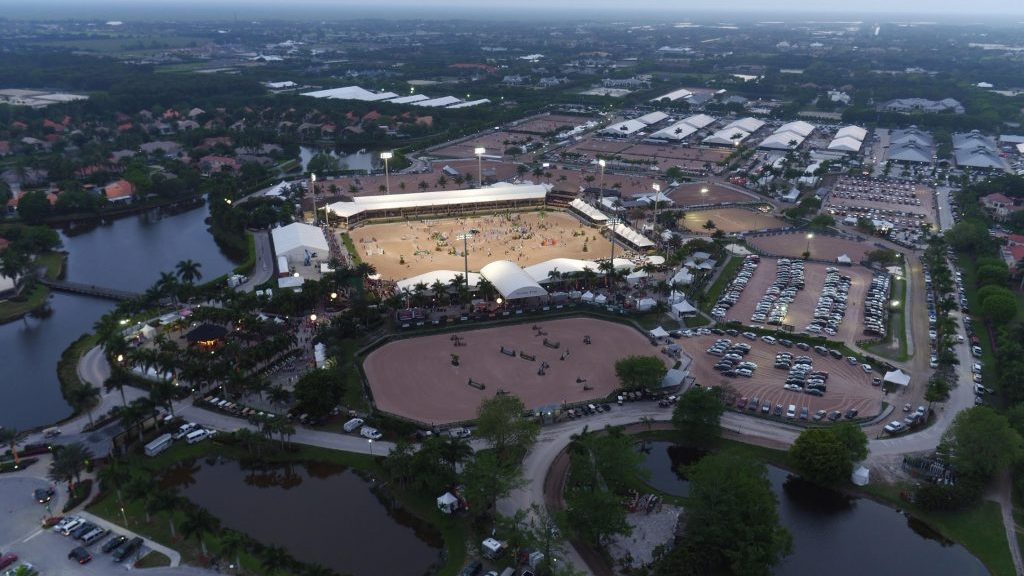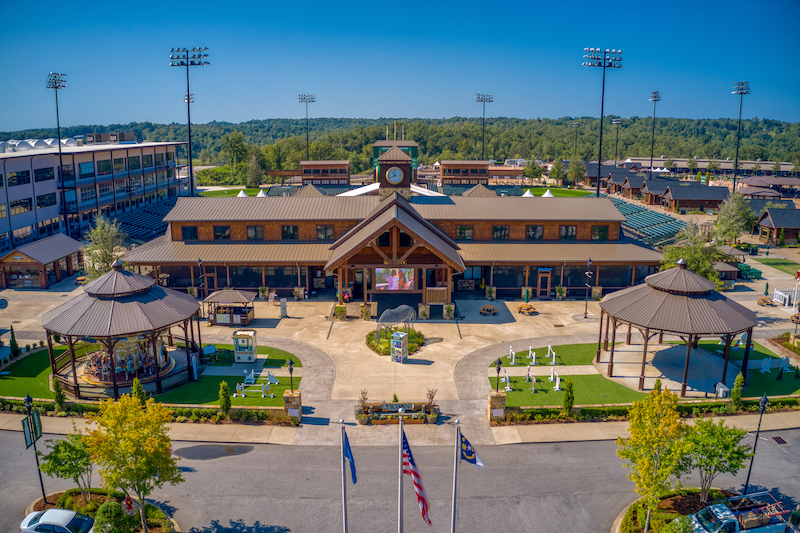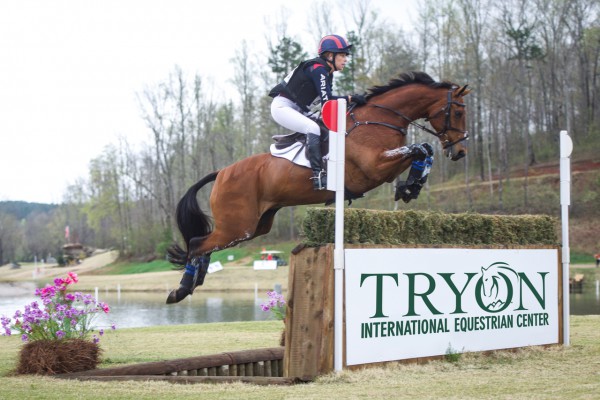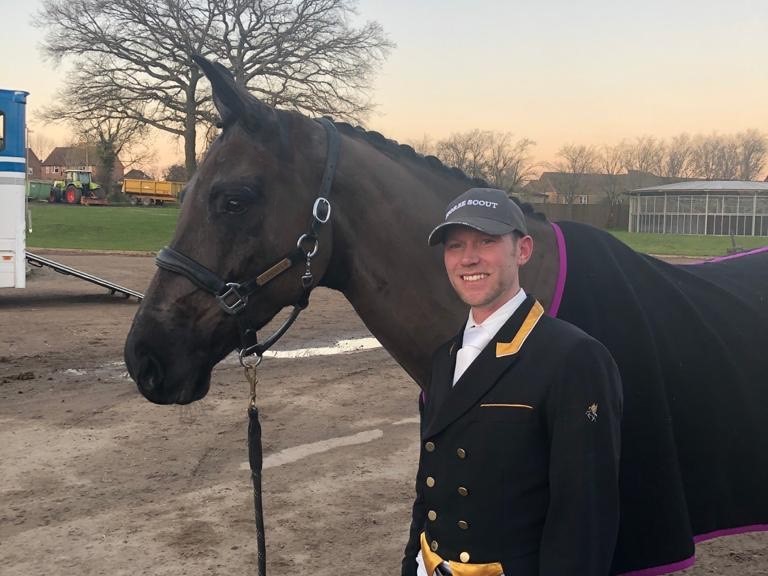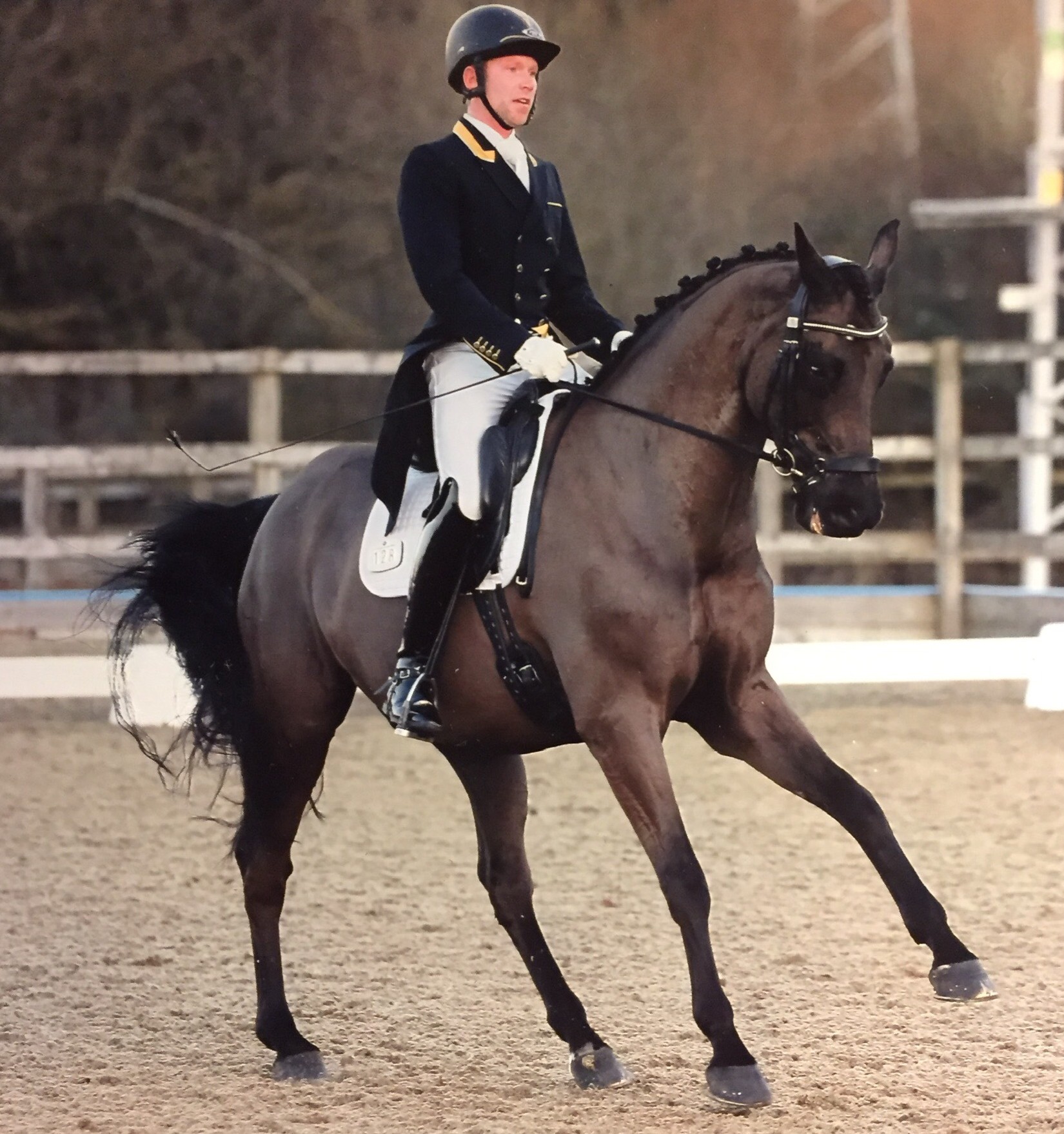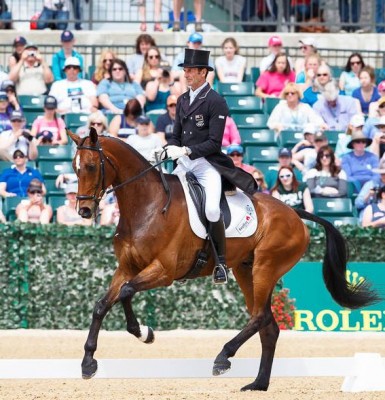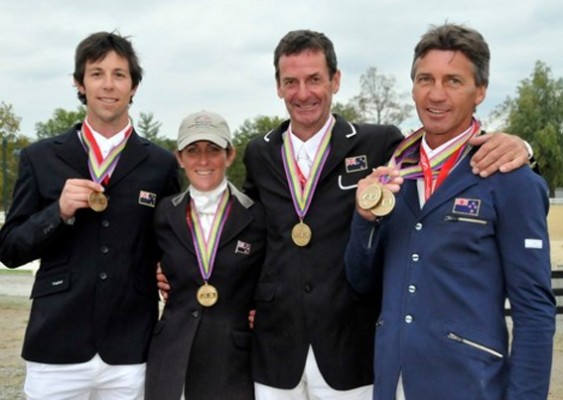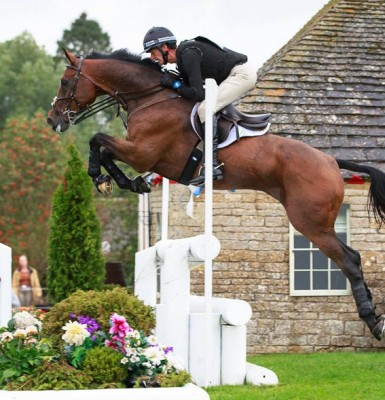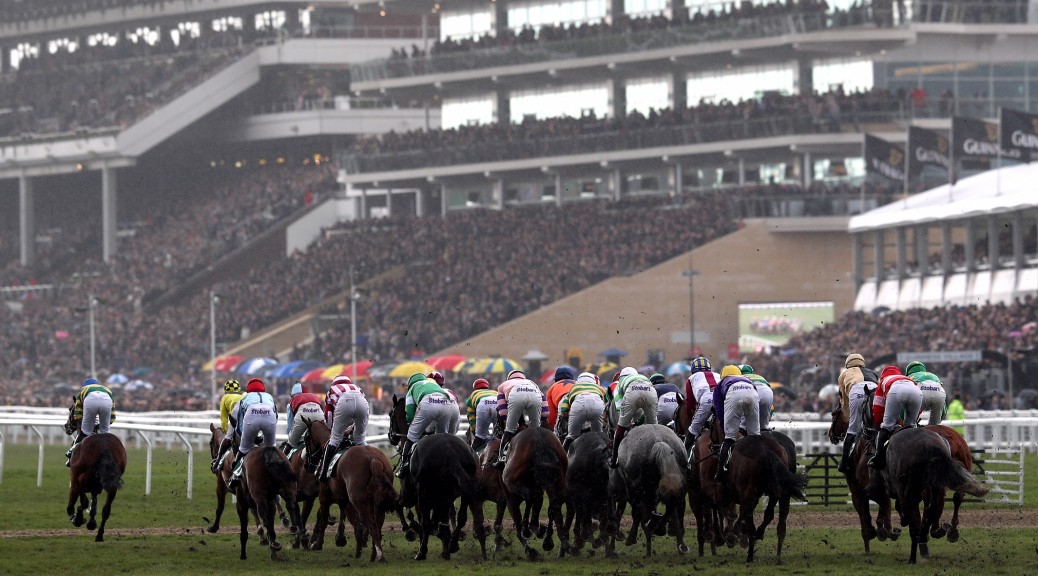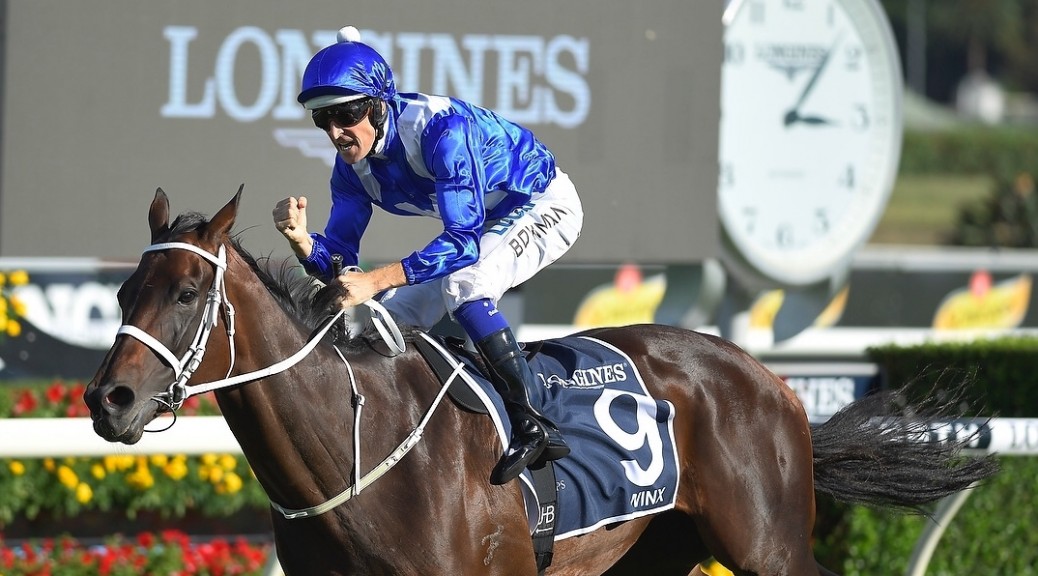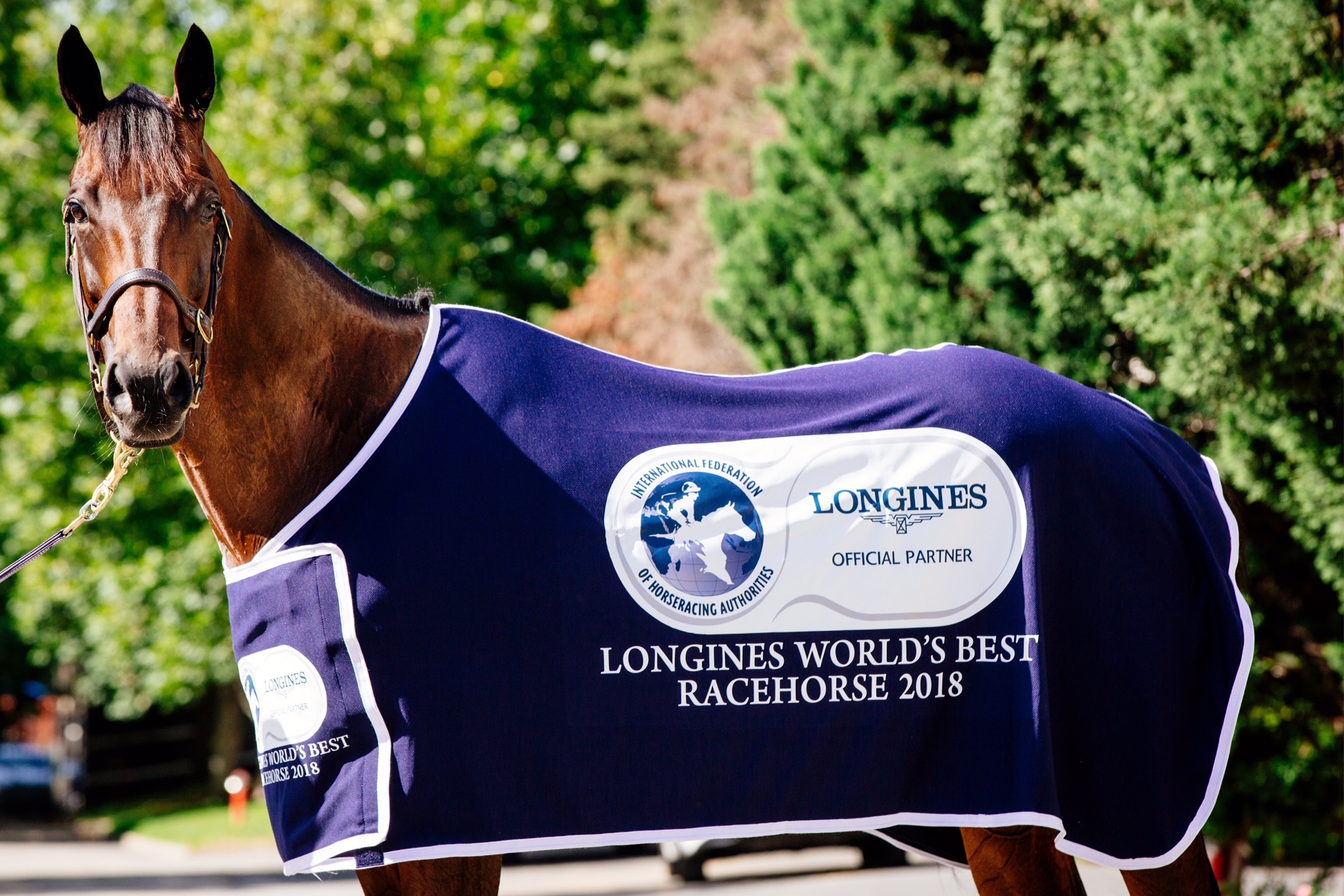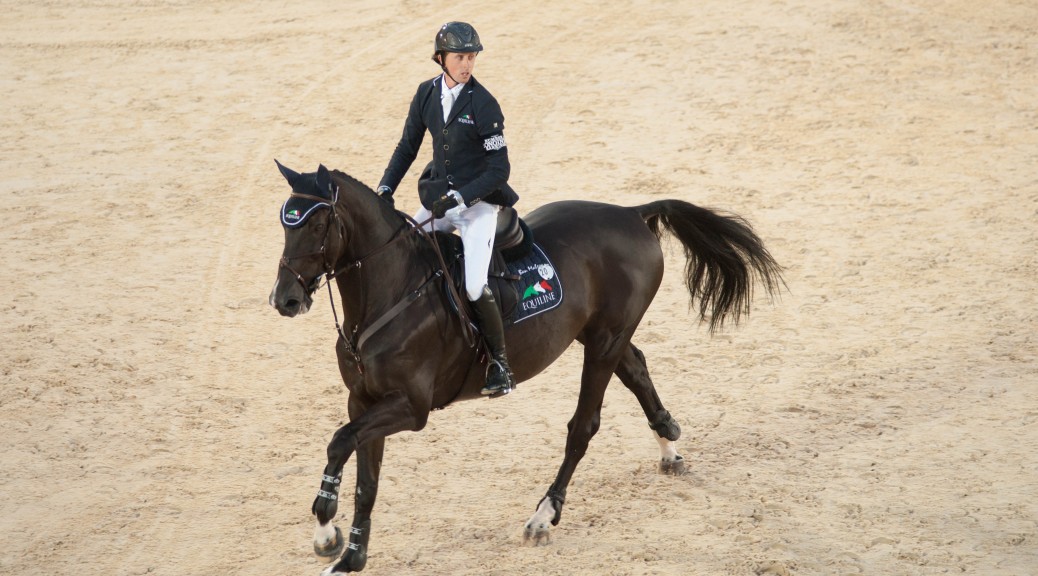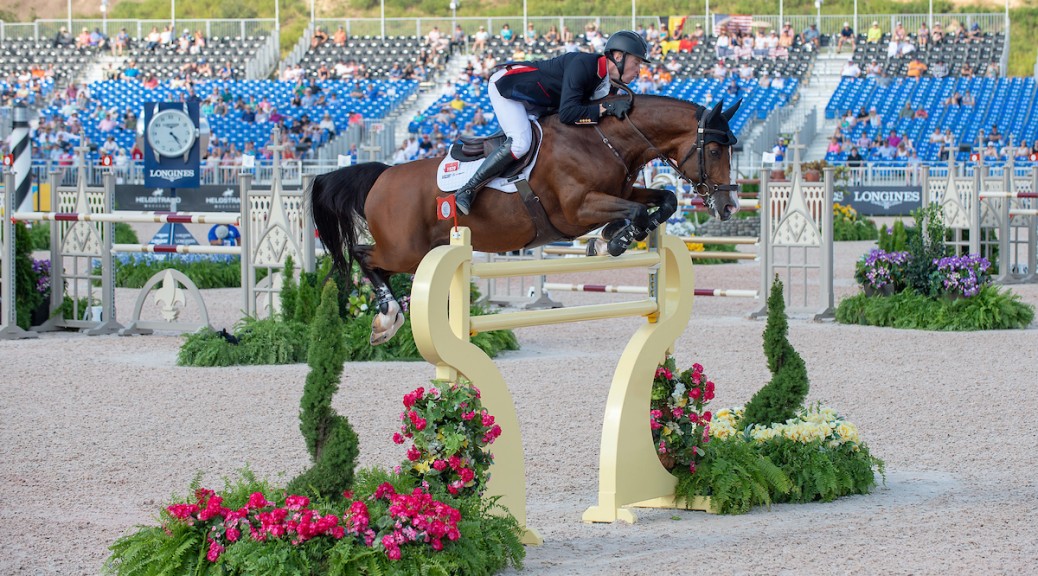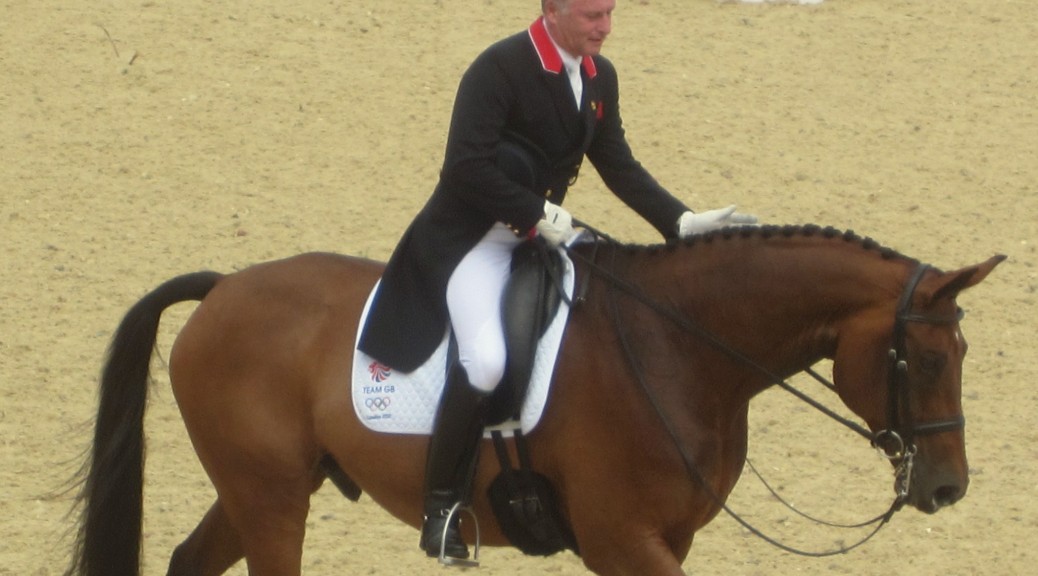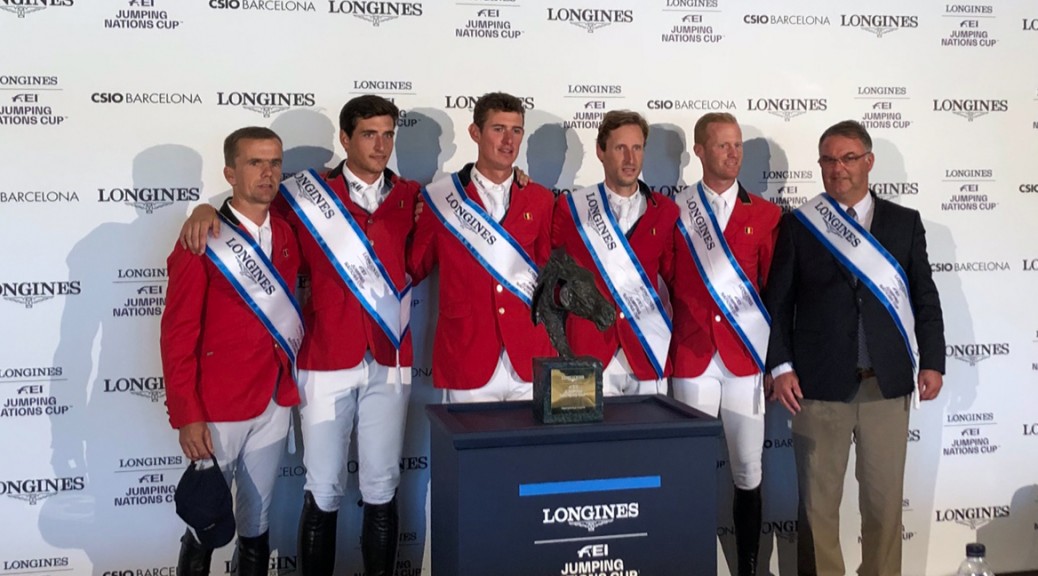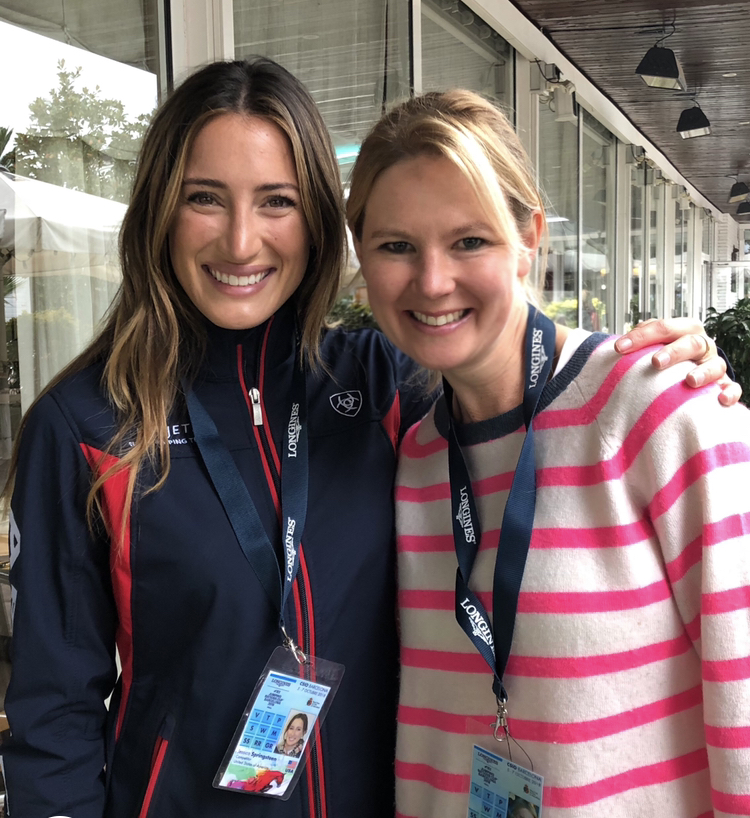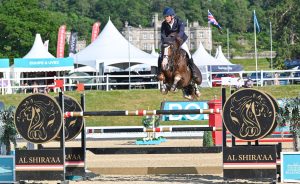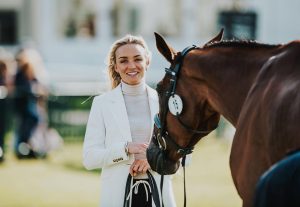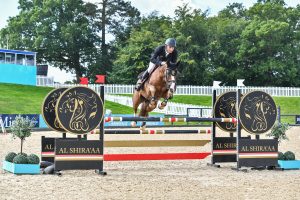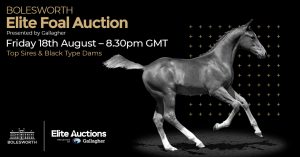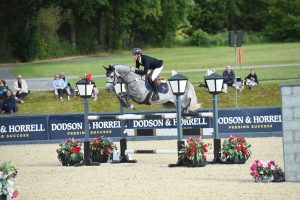Global Equestrian Group, Waterland Private Equity, and Wellington Equestrian Partners join forces to invest in the Globalization of Equestrian Sport.
Andreas Helgstrand, CEO of Global Equestrian Group (GEG) and Mark Bellissimo, CEO of Wellington Equestrian Partners (WEP) announced an unprecedented partnership focused on developing international equestrian sport. GEG, will acquire the Wellington, Florida based Palm Beach International Equestrian Center (PBIEC) and will invest in WEP equestrian lifestyle initiatives. WEP’s largest partners, Mark Bellissimo, Roger Smith, Lisa Lourie, and Marsha Dammerman as well as Michael Stone will co-invest in GEG. Mark Bellissimo and PBIEC have transformed Wellington into the world’s premiere destination for equestrian enthusiasts, with competitions and events across more than 40 weeks every year. PBIEC is home to the Winter Equestrian Festival, spanning 13 weeks and is the world’s largest and longest-running equestrian sports event. 4,000 families, 8,000 horses, and 250,000 spectators from 43 different countries converge on Wellington to compete for over USD 12 million in prize money. A recent independent economic study highlighted the Winter Equestrian Festival’s annual economic impact on Palm Beach County of USD 279 million of total expenditures and 150,000 bed nights. GEG is part of Waterland Private Equity, who manage a global investment portfolio in excess of USD 11 billion.
Palm Beach International Equestrian Center (PBIEC) was founded by Mark Bellissimo and Wellington Equestrian Partners in 2006 and has contributed to transforming both equestrian sport and Wellington, Florida’s position as the world’s premiere destination for equestrian enthusiasts. It attracts some of the biggest names in the sport and the team behind it are hugely respected as “game changers” within the industry.
PBIEC operates 16 competition arenas, 2,500 stalls, and provides participants and spectators with a variety of exclusive restaurants, shopping, hospitality areas, and other first-class facilities. PBIEC management will remain intact with Mark Bellissimo continuing as CEO, Michael Stone as President, and David Burton as Chief Operating Officer. The GEG initiative will launch major investments in all areas of the facility ensuring that PBIEC will continue to be the preeminent sport horse venue in the world with increased exposure in Europe, Asia, and South America. The purchase includes an 11-acre expansion of the Showgrounds. To ensure continuity, the WEP partners required a 50-year deed restriction on the venue that guarantees USEF and FEI sanctioned shows on the property. USEF CEO, Bill Moroney, commented, “As always, we are pleased to see a continued investment in US equestrian sport. This significant commitment to world-class facilities, horse and rider welfare, and USEF and FEI competitions further validates the market’s demand, at all levels, for organized sport.” Andreas Helgstrand, co-owner and CEO of GEG added, “The Winter Equestrian Festival and PBIEC are fantastic brands within international equestrian sport. Together, we will strengthen the offering and create a global market leader spreading our passion for equestrian sport and lifestyle to new markets.”
Global Equestrian Group is the world’s leading equestrian sports group based on a partnership between internationally acclaimed Helgstrand and Ludger Beerbaum Stables as well as Palm Beach International Equestrian Center and private equity firm Waterland. The Group has 250 full-time employees. Outside of equestrian events the Group is active in other equestrian investments including Helgstrand Dressage, Ludger Beerbaum Stables, Helgstrand Jewellery, and the equestrian apparel and accessories company Kingsland Equestrian. At present, the total revenue of these combined is USD180 million.
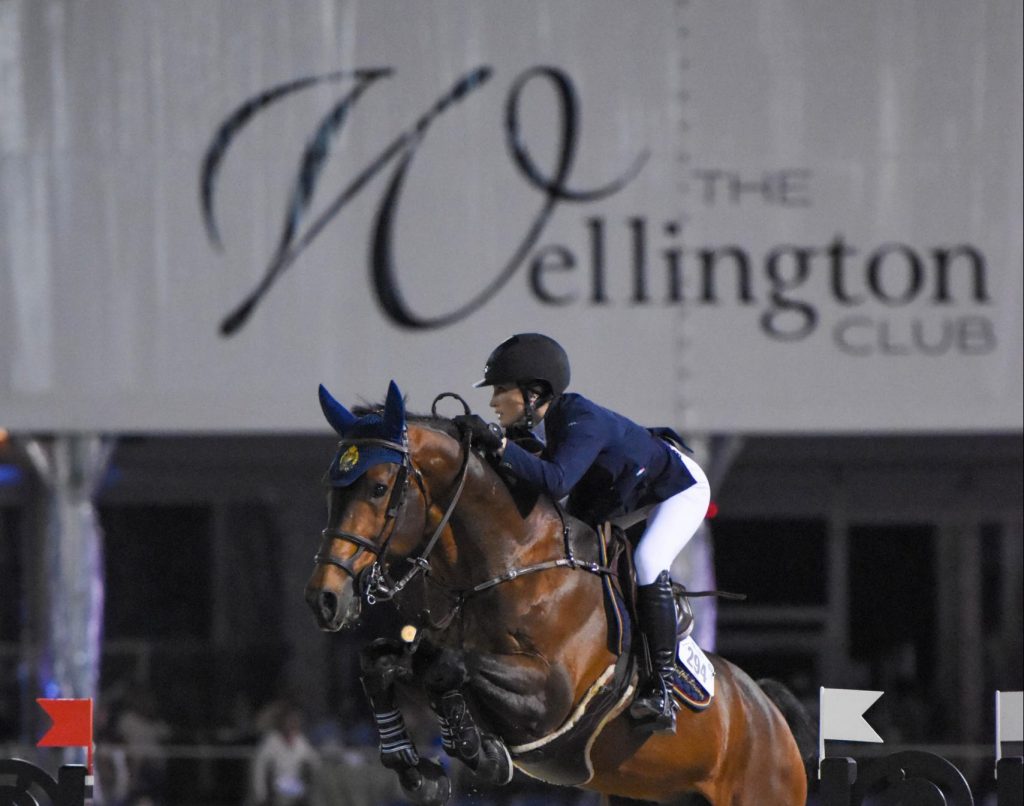
GEG will now have event venues in the US, Germany, and Denmark. The partnership will benefit from knowledge sharing and a strengthened positioning of PBIEC within show jumping where Ludger Beerbaum Stables has a unique market position. Furthermore, the partnership enables the Group to leverage PBIEC’s experience and create a European equestrian sports event company. ”Our goal is to enhance equestrian sport by providing superior venues and top sport so riders across the world can live out their passions and dreams. With the acquisition of PBIEC, we now have the perfect setting to do this in the US and with our current expansion of Riesenbeck International in Germany we will have two top professional and attractive showgrounds,” says Ludger Beerbaum, four-time Olympic gold medalist in jumping and co-owner of Global Equestrian Group. Bellissimo added, “We are pleased to be collaborating with both Andreas and Ludger, whose passion and commitment to equestrian sport is extraordinary. Opportunities abound to take the sport to a new level.” GEG and WEP are evaluating further investment opportunities in Wellington including a new state of the art Global Dressage Festival showgrounds.”
The investment behind this comes from Waterland, an independent private equity investment group that supports entrepreneurs in realizing their growth ambitions. With substantial financial resources from the firm’s eighth fund of EUR 2.6 billion and committed industry expertise, Waterland enables its portfolio companies to achieve accelerated growth both organically and through acquisitions. To date, Waterland has made investments in over 700 companies.
Bellissimo will be announcing a comprehensive strategy and a series of investments to elevate Wellington as the World’s premiere equestrian lifestyle destination, thus strengthening its international appeal. “The acquisition of PBIEC establishes Global Equestrian Group as a true global market leader in equestrian sports with a strong financial foundation and exciting growth opportunities,” says Kaspar Kristiansen, Managing Director, Waterland Nordic.

